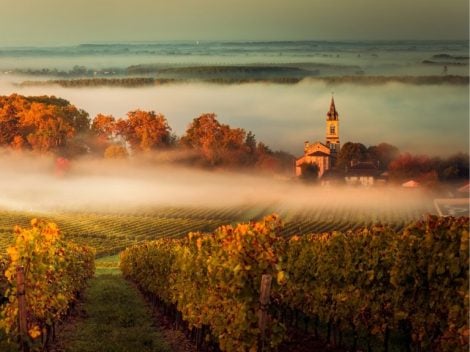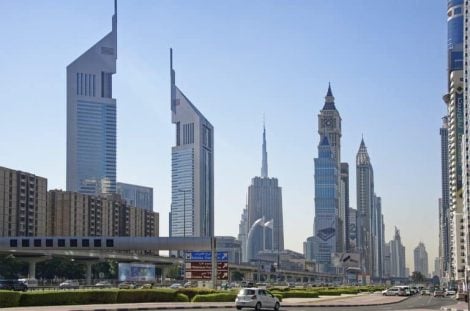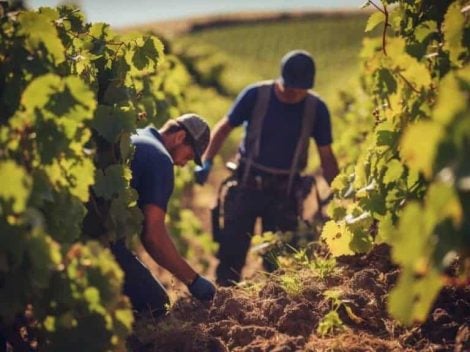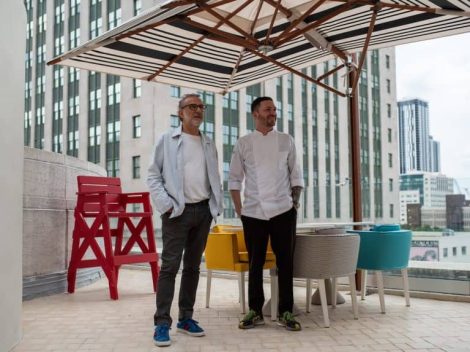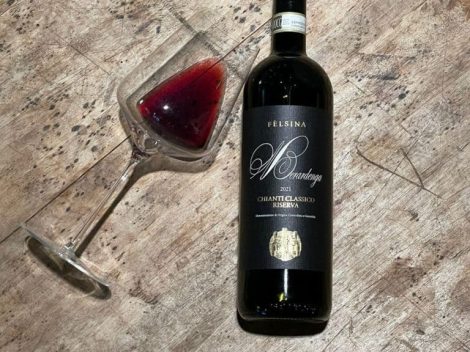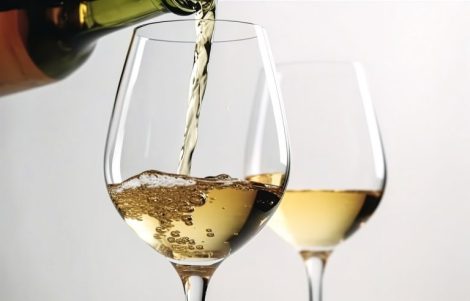"The day I decided to take care of the Masseria, I was sitting on a dry stone wall, as uncomfortable and hard as the imminent future, laden with all the exhausting discussions with my husband scared of change." When Alba Guarini, passionate owner of the agriturismo Pezze Galere, begins to talk about her company and how she managed to achieve these results, she can't put aside her emotions. This is because, as happens in many stories, success is linked to sacrifices, stubbornness, and a total passion for one's land. A passion and perseverance that this year led her to receive the Oil & Tourism award in the 2024 Oli d'Italia guide by Gambero Rosso.
The farm's work following in the footsteps of her father-in-law
"It was 2004, my father-in-law had recently passed away and we had to decide whether to take care of the land or sell everything. I was torn. On one hand, I had no skills as a farmer, except for taking care of the flowers on the balcony at home. On the other hand, I had a flame in my heart: my husband's family had built a history on this land, among the olive trees. And so, on that wall, we decided: the farm would grow, the name of my father-in-law, Giacomo Semeraro, would remain written on the columns at the entrance. He, an agronomist, in the sixties had already transformed this company, planting hundreds of coratina, frantoio, leccino, and picholine trees. The story wouldn't end there," Alba tells us.
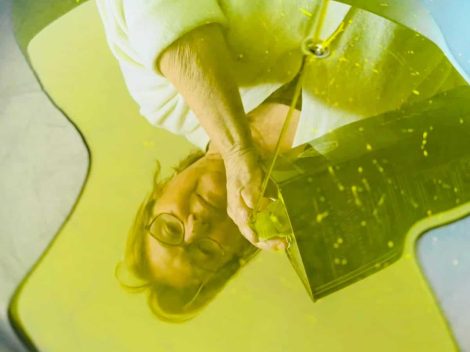
Self-taught farmer
"Not having anyone to learn from except for my workers, I started working with them pulling the long and heavy nets full of olives. I learned to drive the tractor, to understand mechanics, sorters, shakers, pruning, monitoring, plowing, flowering. I was so used to taking care of myself that I would, and still do, wear earrings and lipstick to go to work in the fields. Today I call our three thousand olive trees by name and I don't even know how I did it. It has been years of hard work and a bit of risk. Like that of enriching the production by adding to the blend 'Il Classico' also the single-varietal oils. Today we produce four, one for each of the cultivars of the farm. And we give each of them a family name: Alba (picholine monocultivar), Giacomì (coratina monocultivar), Frà (frantoio monocultivar), and Fede (leccino monocultivar). In the end, for us, oils are a bit like people, each with its own character. That's why choosing to call them by name seemed the most natural thing to do."
Her son Giacomo
"In the midst of the pandemic, my son Giacomo, after twenty years of working as a journalist in Rome, where in the meantime he had started a family, decided to turn his life upside down and return to Puglia to once again write the word 'forward' in the history of Pezze Galere. It wasn't an easy choice, but one that he had made a long time ago. Most of the olive trees on the farm were planted the same year he was born, so he literally grew up with these plants. It doesn't surprise me that he felt the call of the farm while he was in Rome. He always says that it's not us who own the olive grove, but the opposite is true: it's our family that is owned by the olive trees."
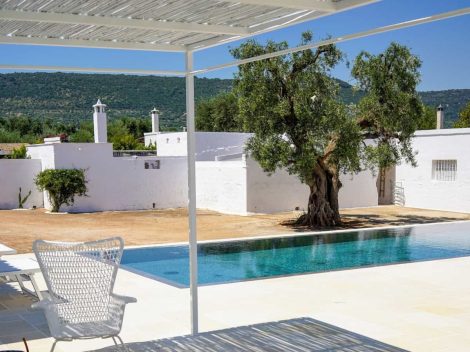
The bet on oleotourism
Alba is full of enthusiasm as she tells us about the future projects related to the farm. Because if she approaches the past with emotion, she approaches the future with the strength of someone who knows she made the right choice. With this spirit, she also told us about how she is enhancing the culture of oil through her splendid structure. "With Giacomo, we decided to focus everything on oleotourism. First, we renovated the ancient house of the farm's guardian, 'La Casina,' transforming the old tank where my father-in-law collected the manure produced by the cows into a dream overflow pool, capable of leaving guests speechless every time.
Two years ago, it was the turn of the old henhouse, which we have now renamed 'La Casa del Fico': an apartment surrounded by fruit trees with a second pool overlooking the olive grove directly. Although there are no more cows, we made sure to preserve all the architectural elements of the past. The chickens are still there, even though they have moved. Their eggs and the farm's fruit are the basis of the breakfasts that I personally prepare for the guests. In addition to the hospitality business, for three years now, we have been organizing guided tastings for visitors. These are not simple tastings, but real blind tastings in which Giacomo also includes defective oils, taking the opportunity to explain to participants how to recognize the qualities and defects of an oil. The feedback has been surprising, so much so that in the autumn we will begin work to renovate another room that will become a tasting room. Initially, it was mainly foreign visitors who participated, but we have gradually seen growing interest from many Italians, and this obviously gives us hope. There are people who, months after participating in a tasting, send Giacomo photographs showing how they asked for a little glass to taste the oil in a restaurant. Maybe some restaurateurs won't be happy, but we really believe that the best souvenir a traveler can bring home from Puglia is not a bottle of oil (least of all ours), but a little more awareness of what they put on the table every day."

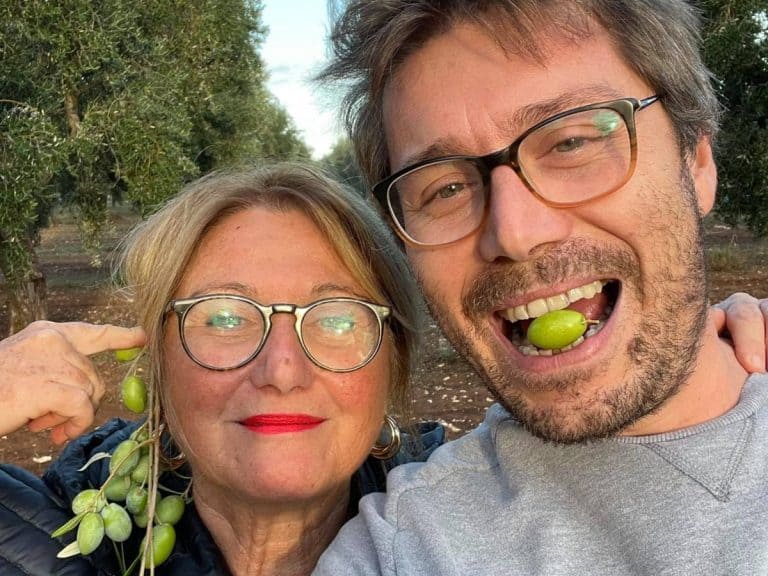
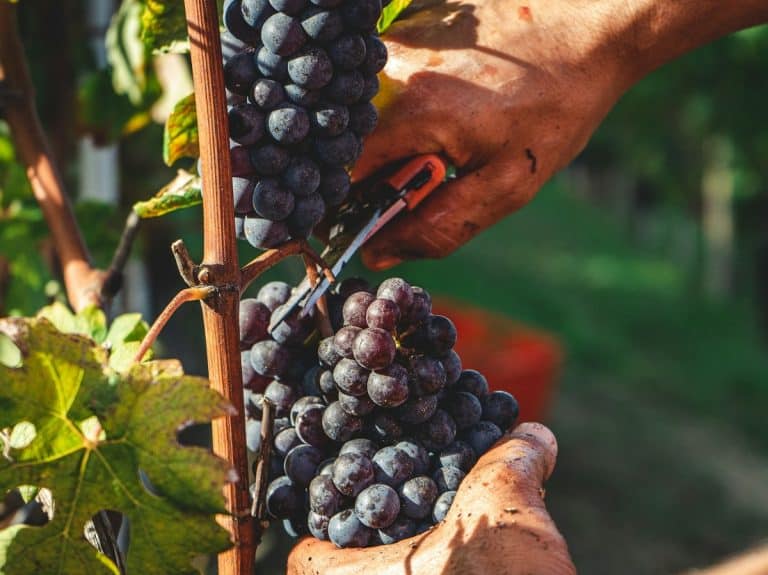 Wine promotion, vineyard uprooting, and support for dealcoholised wines: the European Commission's historic compromise on viticulture
Wine promotion, vineyard uprooting, and support for dealcoholised wines: the European Commission's historic compromise on viticulture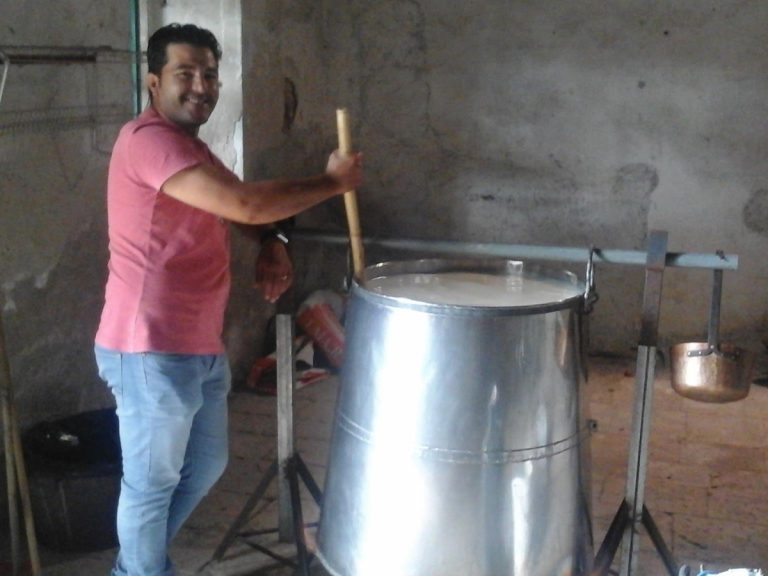 A small Sicilian farmer with 40 cows wins silver at the World Cheese Awards
A small Sicilian farmer with 40 cows wins silver at the World Cheese Awards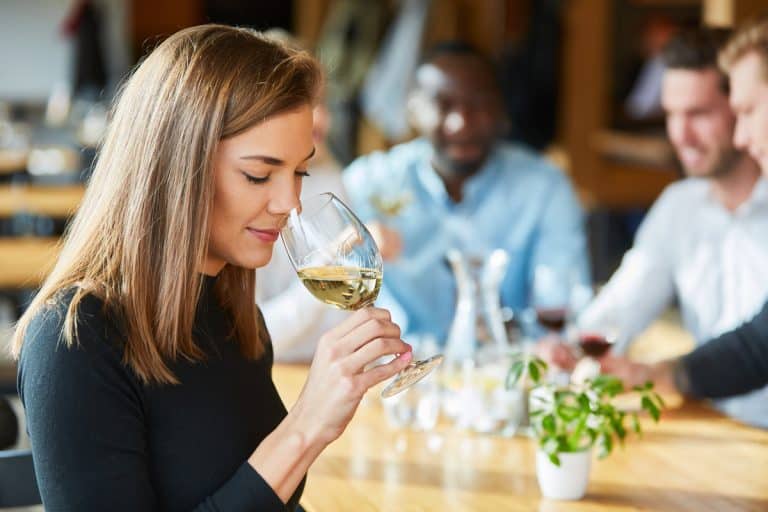 Women are the best sommeliers. Here are the scientific studies
Women are the best sommeliers. Here are the scientific studies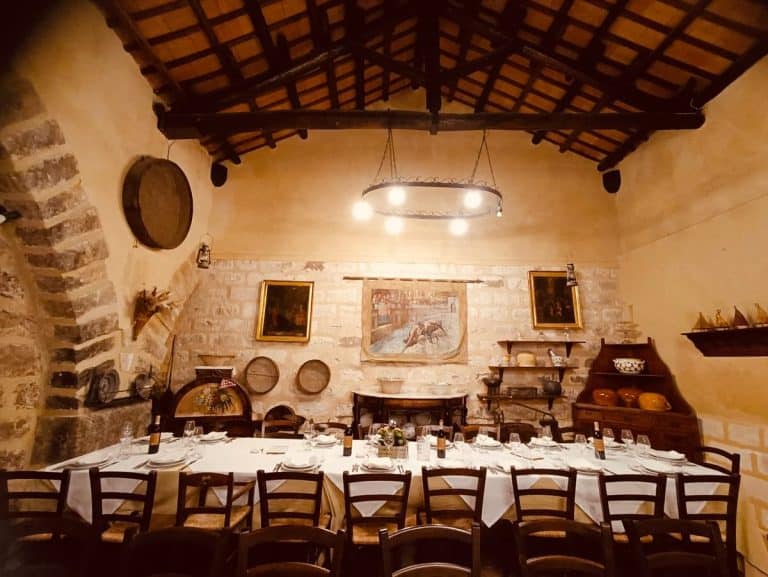 Where to eat at a farm stay in Sicily: the best addresses in the Provinces of Trapani, Palermo, and Agrigento
Where to eat at a farm stay in Sicily: the best addresses in the Provinces of Trapani, Palermo, and Agrigento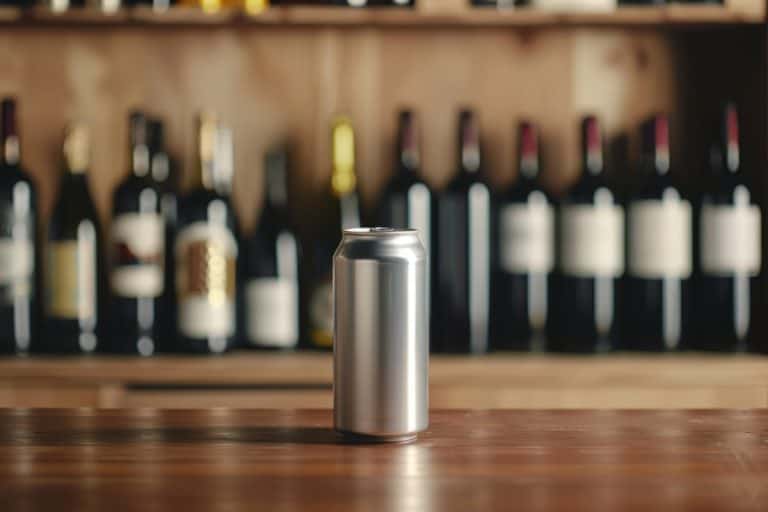 Wine in cans, bottle-fermented, and alcohol free: the unstoppable change in Gen Z’s tastes
Wine in cans, bottle-fermented, and alcohol free: the unstoppable change in Gen Z’s tastes